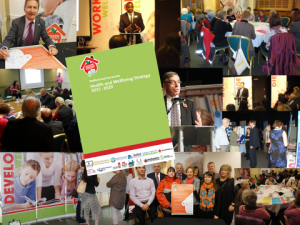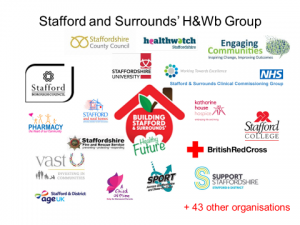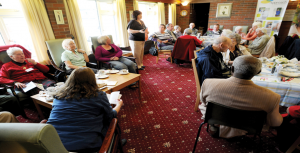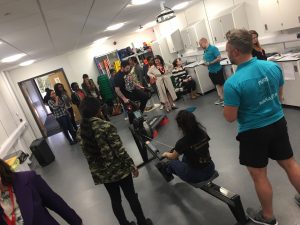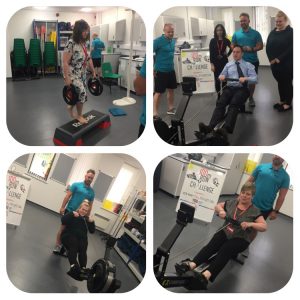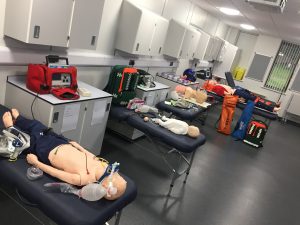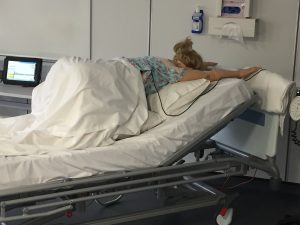As Head of Midwifery and Allied Health Professions, yesterday I found myself talking to my staff about the Teaching Excellence Framework (TEF), through which universities will be given a rating of Gold, Silver, or Bronze.
Ratings are part of everyday life and we hear about them in relation to schools and hospitals, as well as credit ratings for ourselves, so now universities will join the system in rating teaching quality; obviously we want to be Gold.
Reflecting on the type of teaching and learning activities that the staff are engaged with each day I assume that we are already excellent. All staff hold accreditation with the Higher Education Academy as Fellow or Senior Fellow, 5 members of staff are applying for the Teaching Excellence Fellowship, and one member of staff has been shortlisted for the Student Union awards ‘Lecturer I would Get Out of Bed For’ and ‘Student experience Award 2016’. All courses receive over 90% in the ‘teaching on my course’ category of the National Student Survey.
The teaching activities vary considerably depending upon the subject that is being delivered. Students are sometimes engaged in large lectures with all of their cohort, sometimes they are in small groups of 8-10 learning specific clinical skills and sometimes there are individual tutorials to discuss assessments and general progression issues. Regardless of the type of activity that is being undertaken at any one time, staff continue to engage the students in apt and innovative ways, the use of whiteboard video animations to explore physiology; interactive PDF’s to assist clinical decision making and 3D models to explain complex bodily functions.
Do staff regurgitate lectures time after time? NO! Staff constantly stretch themselves to ensure students get the best experience they can, teaching & learning is seen a mutual responsibility, through negotiation and understanding students achieve their optimum potential. Staff learn from students as much as students learn from staff and if we do not heed the lessons from students we need to question whether we are in the right job.
Jo Carruthers, Head of Midwifery and Allied Health Professions J.Carruthers@staffs.ac.uk


